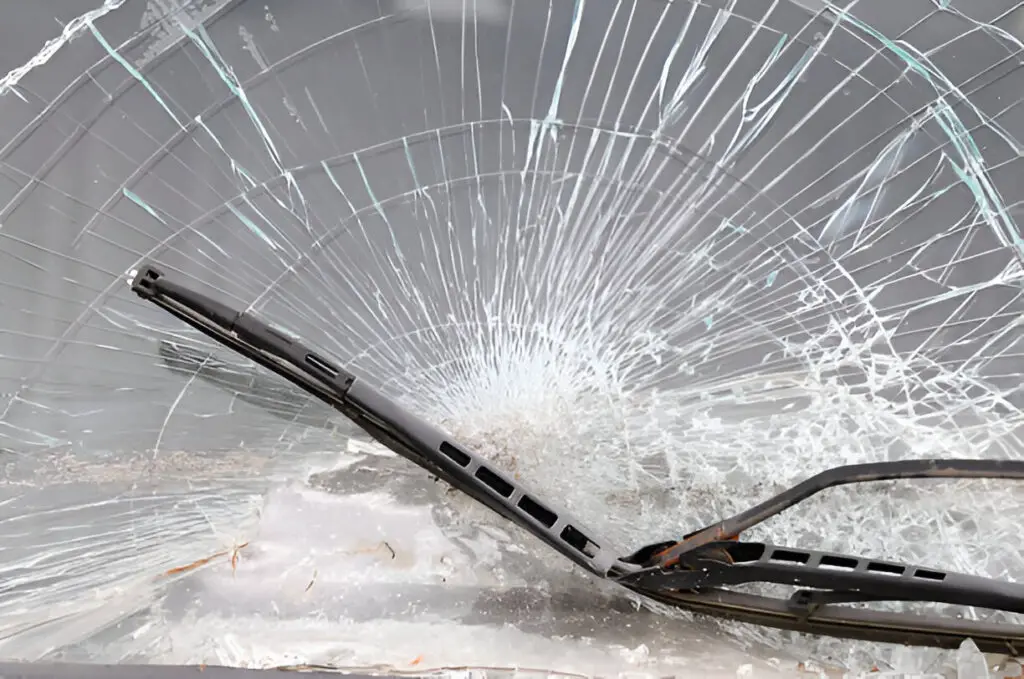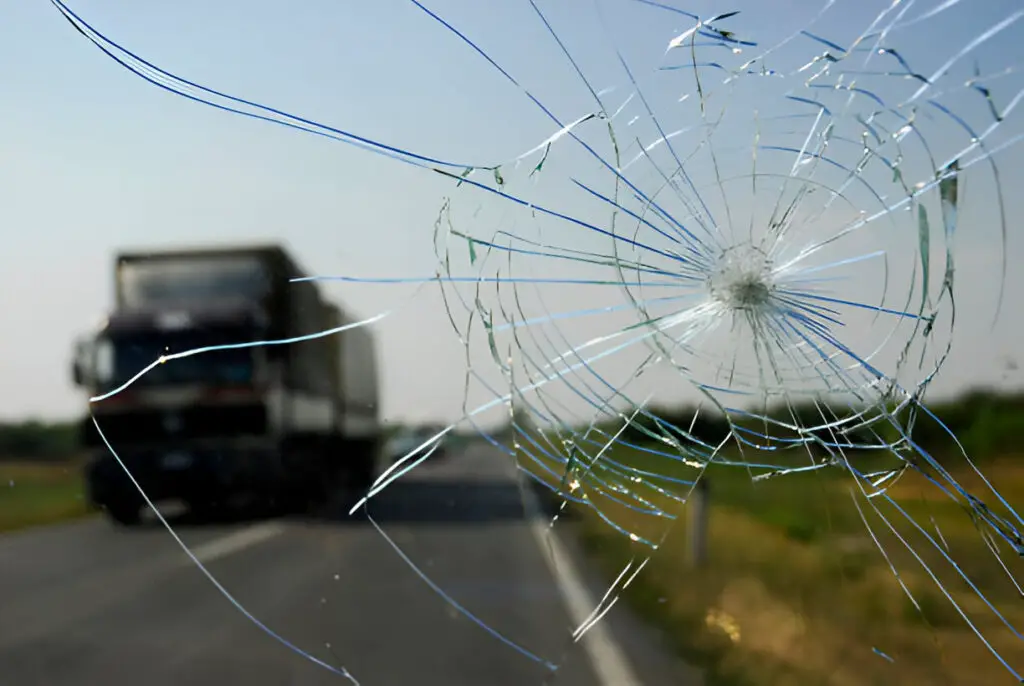If the windshield crack is minor, paying out of pocket may be cheaper than filing a claim. However, if you have comprehensive coverage, a claim could help cover the costs. Always check your deductible and insurance terms before deciding.
A cracked windshield is one of the most common issues car owners face, whether due to flying debris, sudden temperature changes, or even minor accidents. While small chips or cracks may seem like a minor inconvenience, they can quickly worsen, compromising both visibility and safety.
If you’re dealing with a cracked windshield, one of the first questions you may have is whether you should file an insurance claim to cover the cost of repairs or replacement. This decision depends on several factors, including the severity of the crack, your insurance coverage, and the potential costs involved.
In this detailed blog post, we will explore when it makes sense to file a claim for a cracked windshield, the costs associated with repair or replacement, and what to consider when making your decision. Additionally, we’ll address five common FAQs about cracked windshields and insurance claims.

Contents
Windshield Damage
Windshield cracks can vary in size, location, and severity. They may occur as minor chips from flying debris, such as rocks or gravel, or more severe damage caused by accidents or extreme weather conditions.
Types of Windshield Damage
Windshield damage can vary in type and severity, and understanding these differences is essential for determining whether repair or replacement is needed. Here are the main types of windshield damage:
- Chips: Small, localized damage, often caused by small debris hitting the glass. If caught early, chips can often be repaired without replacing the entire windshield.
- Cracks: Cracks are linear breaks in the glass, and they can vary in length. Small cracks may stay stable for a while but can grow larger over time due to factors like temperature changes, pressure, or even driving on bumpy roads.
- Shattered Windshield: In severe cases, such as after a major collision, the entire windshield may shatter, making immediate replacement necessary.

Should I File a Claim for Cracked Windshield?
The decision to file a claim for a cracked windshield depends on several factors, including the extent of the damage, your insurance coverage, and the potential costs involved. Let’s break down the considerations you should evaluate before deciding.
1. Severity of the Damage
If your windshield has a minor chip or crack (usually under 6 inches), it can often be repaired at a relatively low cost, and filing an insurance claim may not be necessary. Most auto glass repair shops offer affordable repair services for small cracks, typically ranging from $50 to $150, depending on the location and type of vehicle.
However, if the crack is larger or extends across the windshield, replacement may be required, which is much more expensive—usually between $200 and $400, or more for luxury or specialty vehicles.
2. Type of Insurance Coverage
Your decision will also depend on the type of insurance coverage you have.
- Comprehensive Coverage: Comprehensive insurance covers windshield damage caused by accidents, weather, or road debris. This type of insurance is optional but recommended for those wanting protection against non-collision incidents.
- Glass Coverage or Full Glass Coverage: Some policies offer specific glass coverage, which covers windshield repair and replacement without requiring a deductible. Full glass coverage may allow you to get your windshield replaced at no cost, depending on your policy.
- Deductible: If your insurance policy has a deductible, consider the amount. If the cost of replacing the windshield is less than or only slightly more than your deductible, it may not make sense to file a claim. For example, if your deductible is $500 and the replacement cost is $350, you would be responsible for the entire cost.
3. Cost of Repair or Replacement
Before filing a claim, it’s important to get an estimate for the repair or replacement. Windshield repair costs are typically lower than replacement costs, especially for minor chips. As mentioned, repair costs range between $50 and $150, while windshield replacement can cost between $200 and $1,000, depending on the vehicle make, model, and features like built-in sensors, cameras, or heating elements.
If the cost of the repair is below your deductible or relatively low, it may make sense to pay out of pocket instead of filing a claim.
4. Impact on Insurance Premiums
Another important factor to consider is the potential impact of filing a claim on your insurance premiums. While filing a comprehensive claim for a cracked windshield is unlikely to raise your premiums, frequent claims or claims for other types of damage may flag you as a higher-risk policyholder. Some insurers may raise premiums after multiple claims, even if they’re for minor damage.
Before filing, it’s a good idea to check with your insurance provider to understand the potential impact on your rates.
5. State Laws and Zero Deductible Glass Coverage
In some states, laws require insurance companies to cover windshield repairs and replacements without a deductible. For instance, states like Florida, Kentucky, and South Carolina have “zero deductible” glass coverage laws, meaning that if you have comprehensive insurance, your windshield will be repaired or replaced at no cost to you, regardless of your deductible. If you live in one of these states, filing a claim for a cracked windshield may be a no-brainer.
When Filing a Claim Makes Sense
There are several scenarios where filing a claim for a cracked windshield is the most financially sound option:
- Significant Damage: If the crack is large, growing, or affecting visibility, and the repair cost exceeds your deductible, filing a claim is advisable.
- Full Glass Coverage: If you have glass coverage or live in a state with zero deductible laws for windshield damage, there’s little downside to filing a claim.
- Comprehensive Insurance: If the damage was caused by a covered incident, such as falling debris or a natural disaster, and you have comprehensive insurance, filing a claim may save you money.
When Paying Out of Pocket Makes Sense
In some situations, paying for the repair out of pocket might be the better choice:
- Minor Damage: If the crack is small and the repair is inexpensive (under $150), paying out of pocket can be simpler and may prevent any potential impact on your premiums.
- High Deductible: If your insurance deductible is higher than the repair or replacement cost, filing a claim would not provide any financial benefit.
- Concern About Premium Increases: If you’ve already filed multiple claims in the past or are concerned about potential premium hikes, paying out of pocket might be the safer route.
Five Frequently Asked Questions
Here are some FAQs about cracked windshields and insurance claims –
1. Does my insurance cover windshield repair or replacement?
It depends on your insurance policy. If you have comprehensive coverage, most policies will cover windshield repair or replacement due to damage from non-collision incidents like flying debris or weather events. Some policies offer separate glass coverage, which may include full coverage with no deductible.
2. Will filing a claim for a cracked windshield increase my insurance premiums?
Typically, filing a claim for windshield damage under comprehensive coverage does not result in higher premiums. However, if you file multiple claims for various types of damage, your insurance company may consider you a higher-risk policyholder, which could lead to a rate increase.
3. What should I do if the windshield crack is small?
If the crack or chip is small (under 6 inches), you can often have it repaired instead of replacing the entire windshield. Many auto glass repair shops offer affordable repair services, and some insurance companies cover repairs with no deductible.
4. Is there a deductible for windshield repair or replacement?
The deductible depends on your policy. If you have comprehensive insurance with a deductible, you may be responsible for paying that amount before insurance covers the rest. However, some policies include glass coverage, which may cover windshield repair or replacement without requiring a deductible. In states with zero deductible glass coverage laws (like Florida, Kentucky, or South Carolina), you won’t pay anything out of pocket for windshield replacement if you have comprehensive insurance.
5. How long can I drive with a cracked windshield?
While you may be able to drive with a small crack for a short time, it’s important to address the issue as soon as possible. Windshield cracks can worsen due to changes in temperature, road vibrations, or pressure. A growing crack can impair visibility and compromise the structural integrity of the windshield, making it more dangerous in an accident.
Conclusion
Deciding whether to file a claim for a cracked windshield comes down to the severity of the damage, the type of insurance coverage you have, and the potential cost of repair or replacement. If the damage is minor and can be repaired at a low cost, paying out of pocket might be the easiest solution. However, if the crack is significant or you have comprehensive coverage with glass protection, filing a claim may save you money in the long run.
Before making a decision, it’s always a good idea to check your insurance policy and speak with your provider to understand your options and any potential impact on your premiums. With the right approach, you can get your windshield fixed quickly and safely, keeping both your visibility and vehicle’s structural integrity intact.